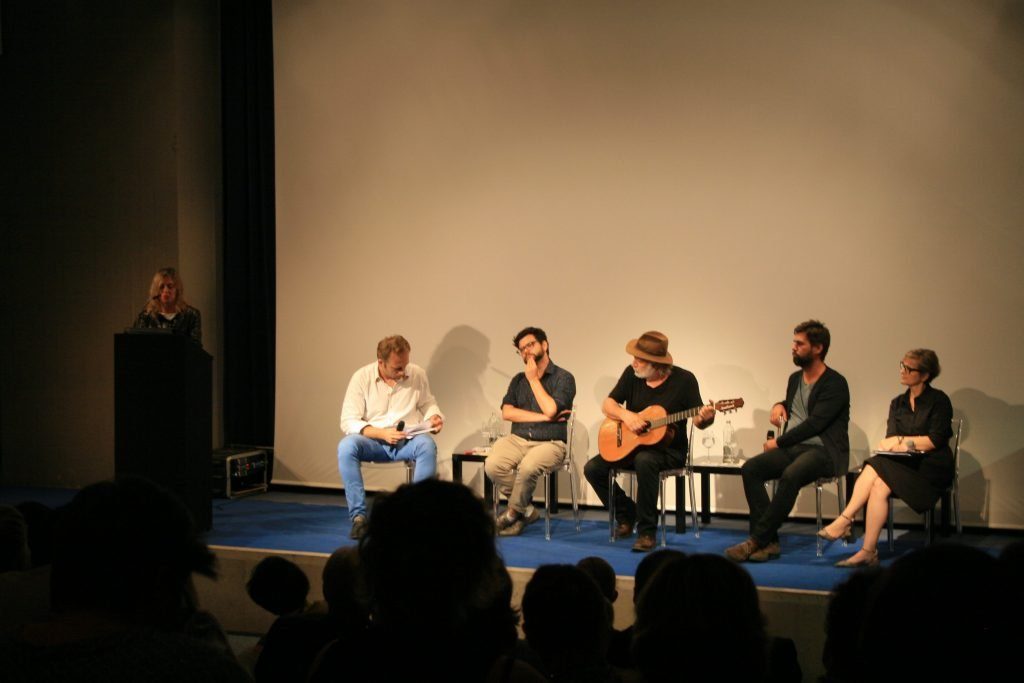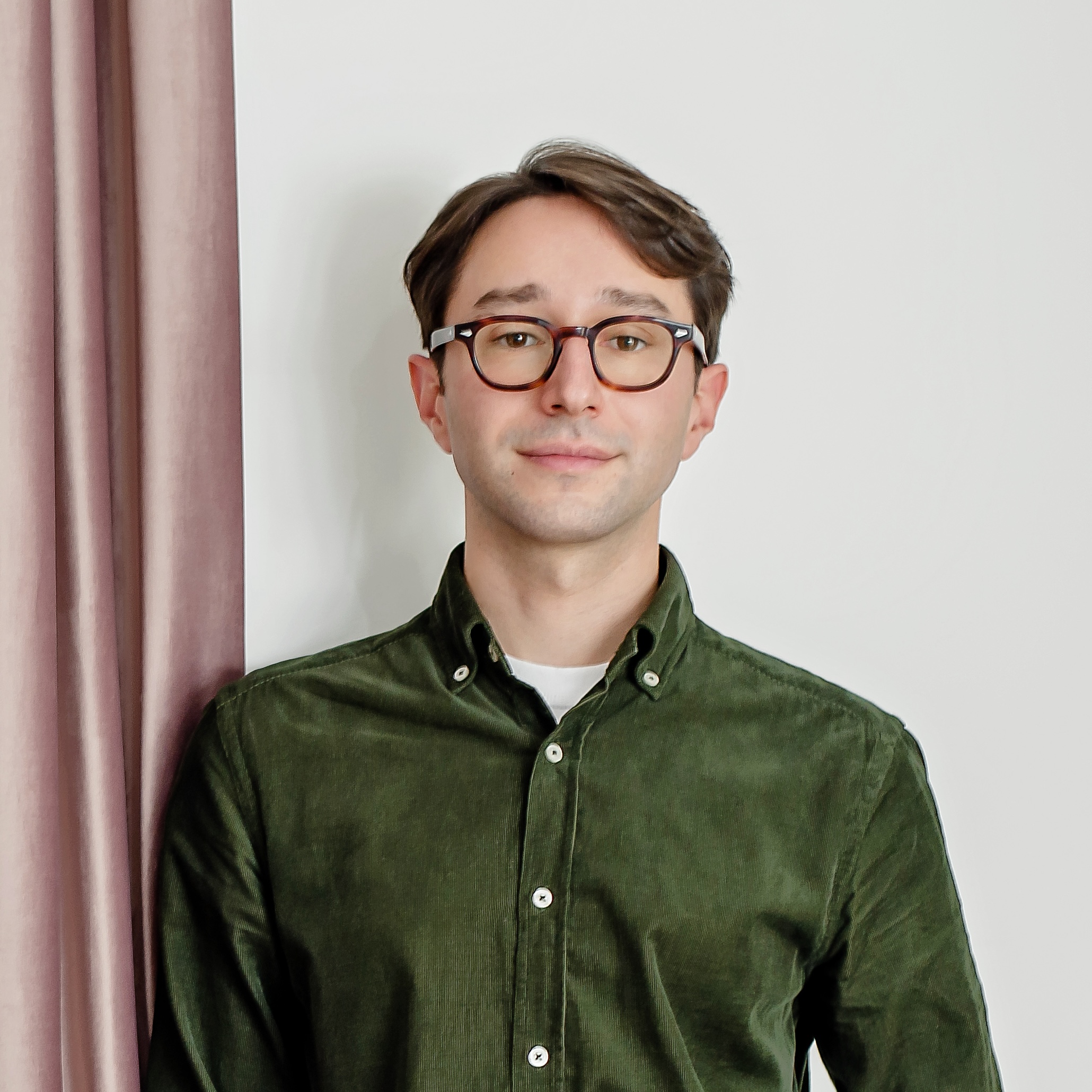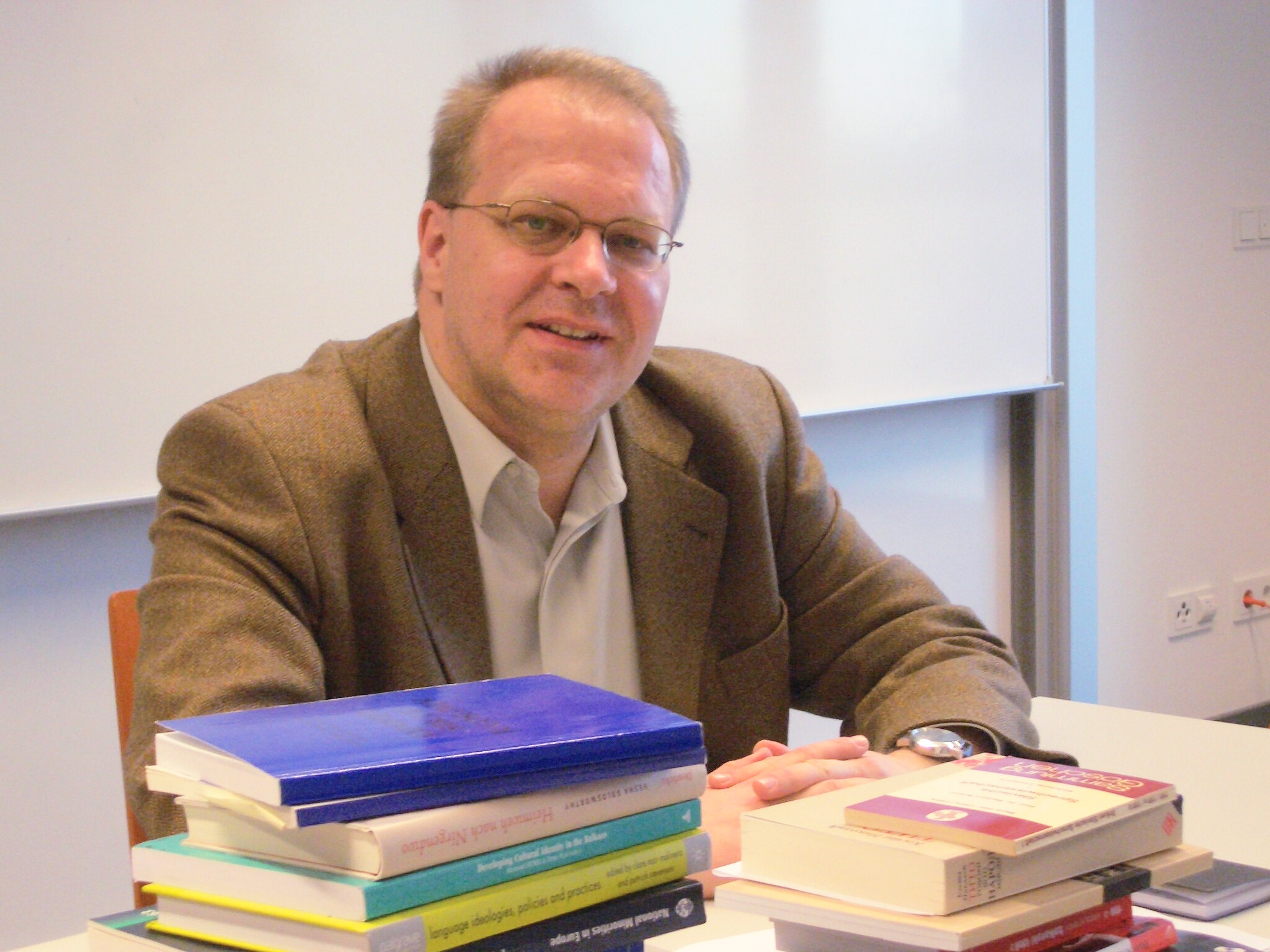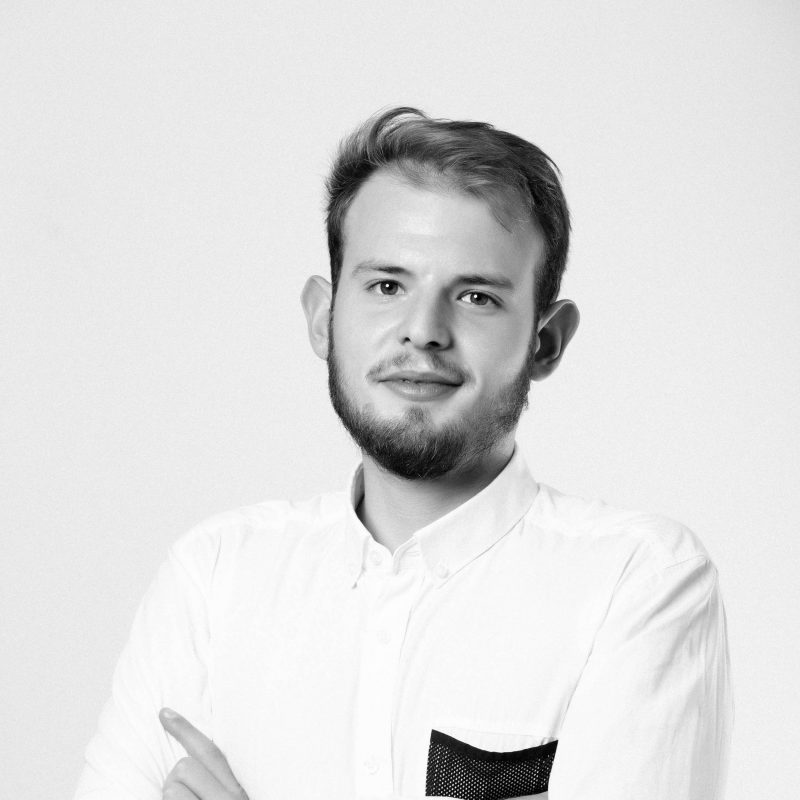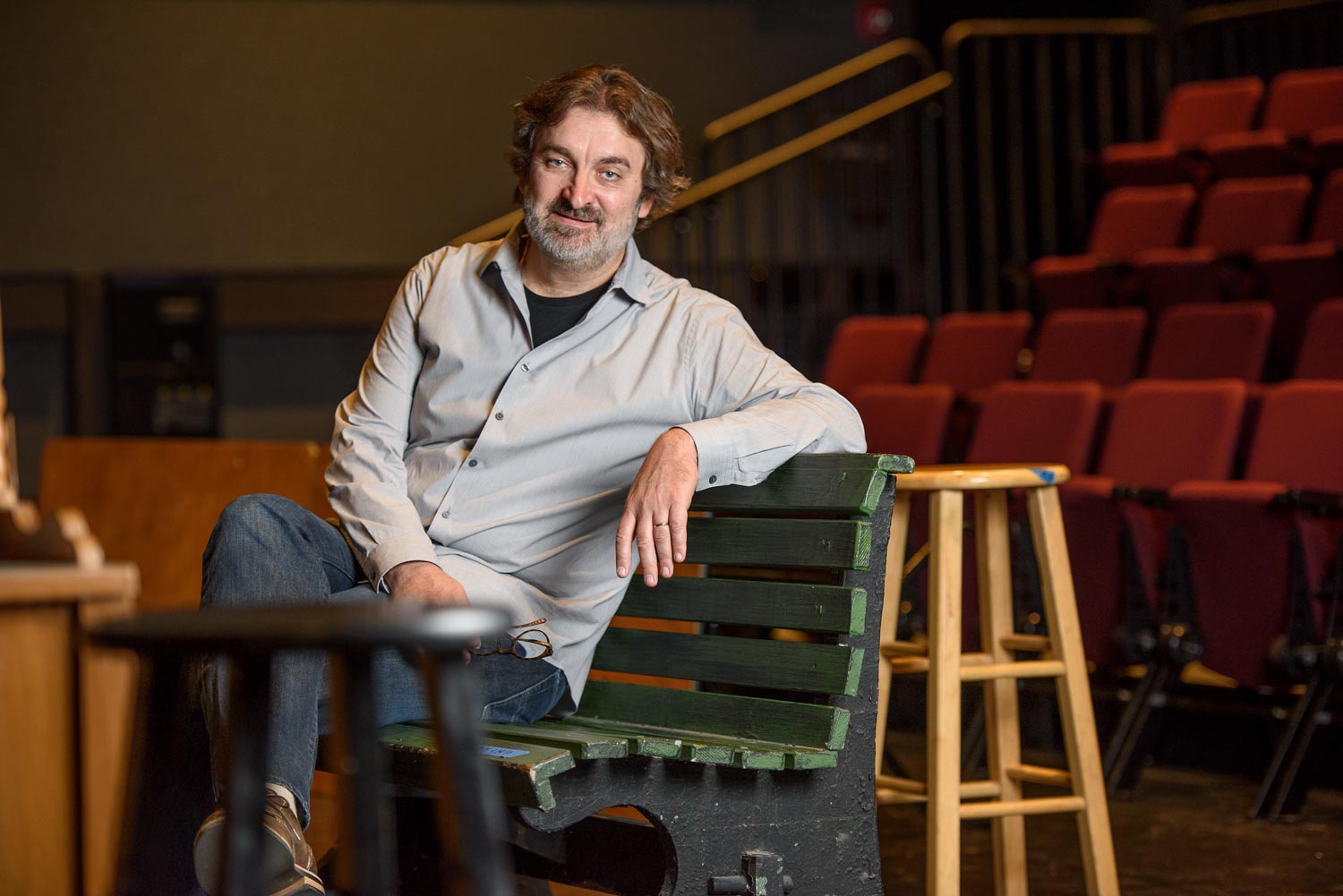As hundreds of representatives of civil society from Western Balkan countries assembled in Trieste for the Civil Society Forum, CAS co-organized a kick-off event which included the screening of the documentary “Trieste, Yugoslavia” and a lively debate themed “Back to the future – Livable life between nostalgia and utopia”. Introduced by Franz Karl Prueller of the ERSTE Foundation and Branka Panić from the European Fund for the Balkans, the event took place in the Revoltella Museum Gallery of Modern Art. CAS directors, staff, and fellows welcomed the diverse audience, which included civil society representatives from the region, academics and various local actors.
CAS’s choice of the documentary “Trieste, Yugoslavia” by Alessio Bozzer to open the discussions took advantage of the Forum’s special location in a city with an urban history closely intertwined with that of the Western Balkans. The documentary explored the particularly important role of Trieste for many Yugoslav citizens who traveled there during socialist time to buy goods, as the first city across a border which gradually became more open and more porous, rather unique in the overall context of the Cold War. The film pondered upon practices of border crossings and aspirations of shoppers and sellers alike. It touched upon the diverse experiences of people coming from republics close and far, to buy jeans or coffee, by car, train, or packed buses, creative strategies of coping with border regulations, while also mentioning the underlying tensions and discriminatory tones existing the host city regarding the visitors from the nearby country, with their alterity derived from ethnicity-based stereotypes – with a longer history than the film alludes- and the ideological representations of a Cold War border. Ending abruptly with the scenes of emptied streets and stalls while wars descend upon former Yugoslavia and borders close, the film prompted a debate which shifted from nostalgia to utopia, perceptions from within the former Yugoslavia and the outer region, and musings of perspectives for freedom, equality and solidarity in the region.
[embedyt] https://www.youtube.com/watch?v=1_U6oPOSvAc[/embedyt]
The debate „Back to the future – Livable life between nostalgia and utopia” was moderated by CAS’s Vedran Džihić and featured special guest, Rade Šerbedžija, CAS SEE Honorary Fellow, Professor Emeritus at the University of Rijeka, who also appeared in the documentary. Vedran Džihić asked the panel, which also included Snježana Prijić-Samaržija, Chancellor, University of Rijeka, Marek Szilvasi, CAS SEE Fellow and Gruia Bădescu, CAS SEE Fellow, to spontaneously reflect on three concepts that relate both to the film and the challenges and opportunities of civil society in the Western Balkans: nostalgia for the past, utopias for the future, and the meaning of freedom in the contemporary context. The panel participants first approached the film from their positionality: Snježana Prijić-Samaržija and Rade Šerbedžija as citizens of former Yugoslavia for whom both trips to Trieste and the discontinuities of the 1990s triggered memories and emotional reflections, Marek Szilvasi and Gruia Bădescu as growing up in other socialist societies – Czechoslovakia and Romania, respectively- for which borders were distinctively rigid and for which Yugoslavia, with its open borders and closeness to the West exerted a particular fascination. The two CAS fellows also discussed the tensions that emerge from the film regarding material aspirations and disparities, ideological clashes, as well as in the difference between accounts of celebrated intellectuals and artists, and the anonymized shopper, who becomes a mere “witness” in the account of the film.
These tensions between whose stories, whose narratives, and whose nostalgia were to be discussed emerged throughout the debate. While common tropes of urban versus rural, kulturni and nekulturni ljudi, appeared as explanatory frameworks of 1990s events, Bădescu pointed out from his research in Sarajevo how nostalgias for a cosmopolitan past could also lead to different forms of exclusion of newcomers, burning possible bridges and utopias for what Hanna Arendt called a “world in common”. Arendt was frequently mentioned by panelists, with Džihić inquiring about freedom from the perspective of both Arendt and material relations. Both Bădescu and Szilvasi addressed the question of freedom from its relationship to human dignity, equality and solidarity. Snježana Prijić-Samaržija brought forward the role of CAS as an institution which embodies the aspiration to research both issues surrounding the past as well as potentialities and utopias at the scale of Southeastern Europe. All throughout, Rade Šerbedžija’s interventions captured the lived experience of the events evoked in the film, nostalgia and exile, sublimated in creative acts, which included two live performances on stage of his songs. They included “Second Call”, which was translated in English and read by CAS Fellow Nataša Sardžoska. His second act, Djevojka iz moga kraja closed the debate, which was followed by a reception and a tour of the exhibit of the Revoltella Museum Gallery of Modern Art. The Civil Society Forum started the following morning, with Trieste again a stage of diverse people and perspectives from the Western Balkans.


